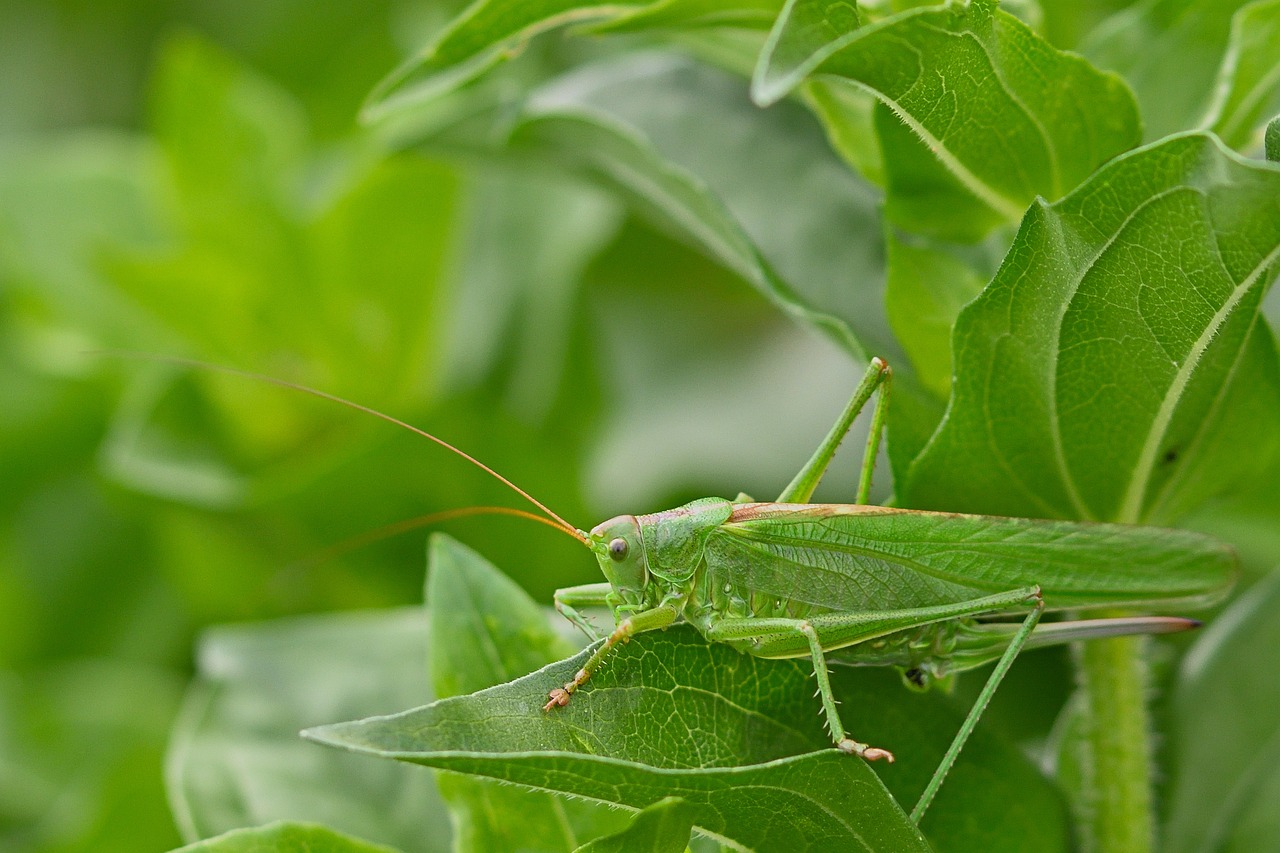
Ah, summer. Sun-drenched days, vibrant blooms, and…grasshoppers. These springtime nymphs, transformed into chomping adults, can quickly turn your garden paradise into a buffet line. But fear not, fellow plant parents! Before you reach for harsh chemicals, let’s explore some natural ways to outsmart these leafy locusts and reclaim your garden haven.
This post may have affiliate links. This means that sometimes when you click a link on our site and make a purchase on Amazon, we may earn a small commission at no additional cost to you. We only recommend products we truly believe in, and your support helps keep us running!
Understanding the Enemy: Why Grasshoppers Love Your Garden
Grasshoppers, with their powerful legs and insatiable appetites, are like tiny green ninjas in the garden. They’re drawn to an array of delicious delights, including:
- Leafy greens: Lettuce, kale, spinach – these leafy vegetables are prime targets for grasshoppers.
- Herbs: Fragrant basil, aromatic rosemary, even your prized thyme – no herb is safe from a hungry grasshopper.
- Flowers: Delicate petals and juicy flower buds are irresistible snacks for these green garden guests.
- Seedlings: Young, tender seedlings are especially vulnerable to grasshopper munching.
Understanding their preferences is the first step in formulating a natural defense strategy.
Nature’s Arsenal: Eco-Friendly Tactics to Outsmart Grasshoppers
While harsh chemical pesticides might seem like a quick fix, they can harm beneficial insects and disrupt the delicate balance of your garden ecosystem. Here are some natural, eco-friendly ways to outsmart those pesky grasshoppers:
1. The Power of Plants:
- Companion Planting: Certain plants act as natural deterrents. Try planting marigolds, nasturtiums, or catnip around your vulnerable crops. These fragrant companions may not be the tastiest options for grasshoppers, encouraging them to move on to greener pastures (elsewhere in your neighbor’s garden, perhaps?).
- Trap Crops: Plant a sacrificial crop like lettuce or kale away from your prized vegetables. Grasshoppers will likely gravitate towards the easier target, giving your main crop a fighting chance.
2. Water Warfare:
- Moisture Matters: Grasshoppers dislike damp environments. Keeping your soil slightly moist, especially in the early morning, can deter them from feasting on your dry, delicious plants.
- The Hose Surprise: A sudden burst of water from your garden hose can be a surprisingly effective deterrent. Aim for the grasshopper’s landing zone, not directly at them (we’re going eco-friendly, remember?). This unexpected shower will send them hopping for drier ground.
3. Fortress Garden:
- Physical Barriers: Row covers made of mesh or netting can create a physical barrier, preventing grasshoppers from reaching your precious plants. This method is most effective for protecting seedlings and smaller crops.
- Sticky Situations: Non-toxic sticky traps placed around the perimeter of your garden can catch unsuspecting grasshoppers. Just be mindful of catching beneficial insects as well, and replace the traps regularly.
4. Beneficial Bug Brigade:
- Nature’s Pest Control: Attract natural predators like birds, praying mantises, and assassin bugs to your garden. These beneficial insects will happily feast on grasshoppers, helping to maintain a natural balance.
5. Homemade Sprays:
- Garlic Power: The pungent aroma of garlic can be a natural grasshopper repellent. Try creating a garlic spray using water, dish soap, and crushed garlic cloves. Remember, a little goes a long way, so dilute this spray properly before applying it to your plants.
- Spicy Surprise: Chili peppers pack a punch (literally!). Create a hot pepper spray using chopped peppers, water, and dish soap. Similar to the garlic spray, dilute this concoction well before using it on your plants.
Note: Consistency is key! Combining several of these natural methods will create a multi-pronged defense, making your garden less appealing to grasshoppers.
